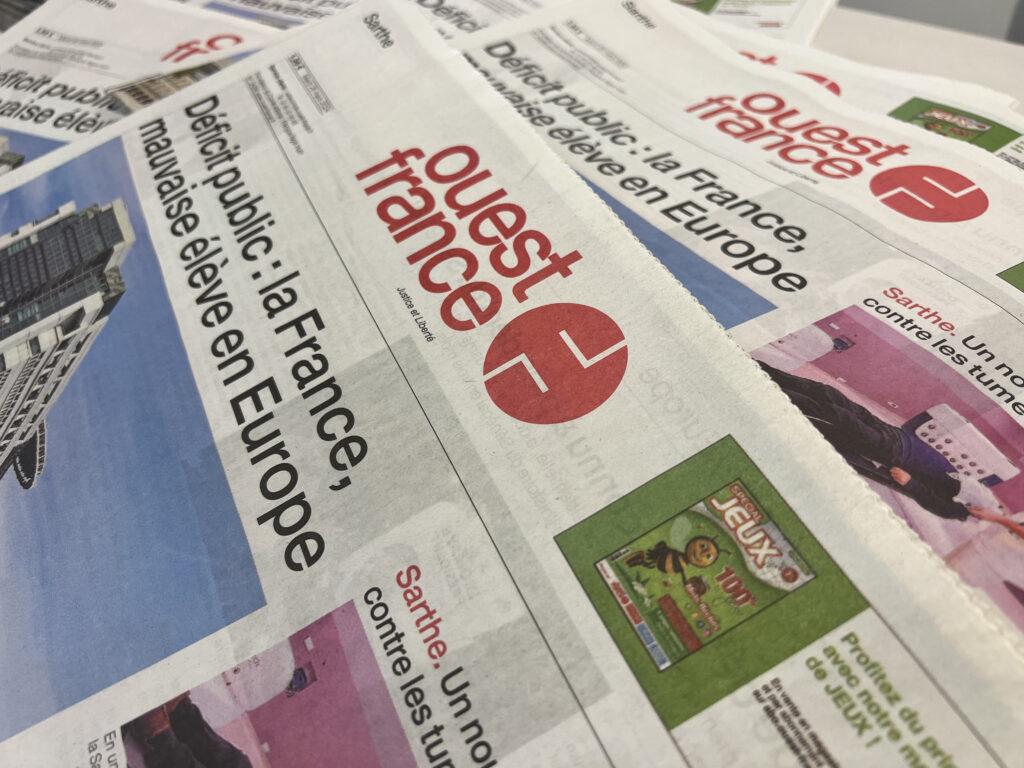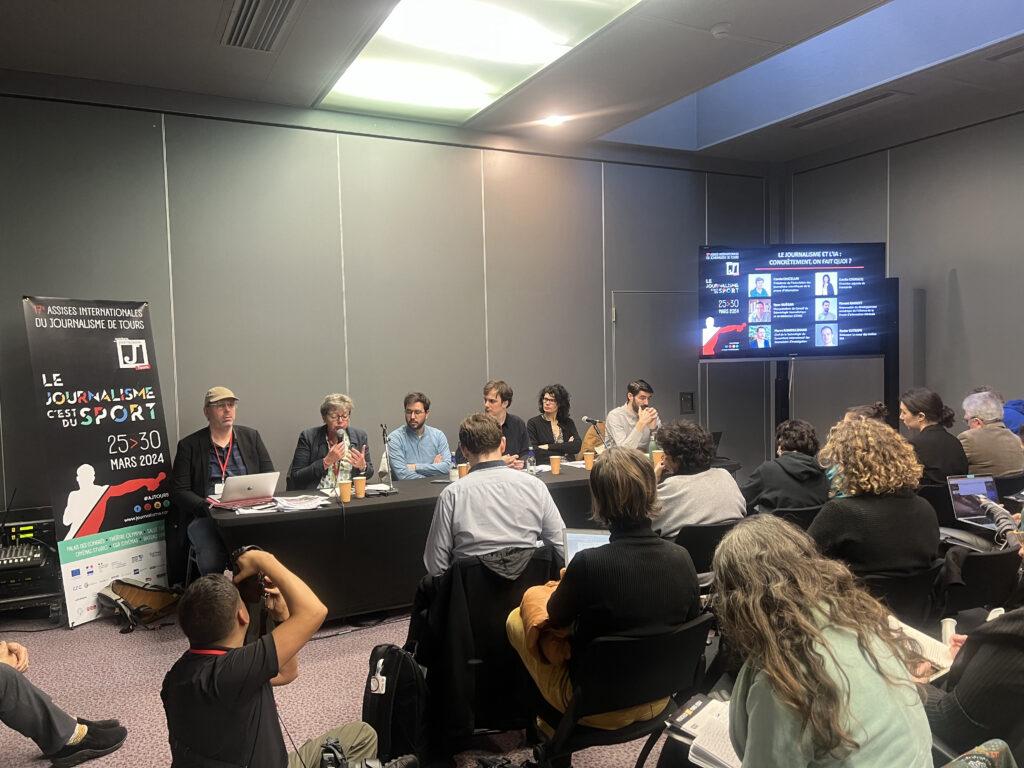There are many determinants of voting. Opinions polls have became ubiquitous over the last few years, acting as the “country’s thermometer”, but they can also influence people’s votes. The European media have a major role to play in the European elections next June.
Polls are ubiquitous
In France, several laws govern the publication and distribution of polls, such as the law of 19 July 1977, which prevents the publication of election polls from influencing the electorate. Polls may not be published or commented on the day before or on the day of each round of voting.
Today, not a day goes by without a poll appearing in your newspaper, on your television set or even on the radio, and this is true in most European countries: “In Spain, it’s poll madness. As far as I’m concerned, they should be treated as just another source of information. Relying solely on polls is a mistake,” explains Marc BASSETS (Spain), Paris correspondent for El Pais.
This proliferation of polls raises many questions about the influence of opinion.
Influencing opinion
These results also have an impact on election results. Many voters admit to taking polls into account before voting. The “useful vote” system remains an important element in elections, even if the European elections remain a proportional election. It’s a bit of a small horse race, with some candidate advancing and others retreating, without really talking about the most important issues: European problems such as the climate or even social issues.
Ouest-France, a French example
It is precisely to avoid this problem of influence that Ouest-France, France’s leading regional press title, has decided since the 2022 presidential election to refuse to publish or comment on polls three months before the elections. Some critics of polls complain they can falsely inflate the popularity of would-be candidates way before elections are even held.

The decision by Ouest-France was explained by Laetitia GREFFIÉ (France), the paper’s editor-in-chief: “This decision was debated within our editorial team. We think it’s better to talk about substantive issues and how Europe impacts on our lives than to create candidates like in the 2022 French presidential election. Sometimes you look at the front page of a poll and you get the impression that the election has taken place when it hasn’t.”
This decision not to publish polls is currently being taken up by several other newsrooms, even though opinion polls remain an important factor for media that are seeing an increase in audiences for these subjects.
